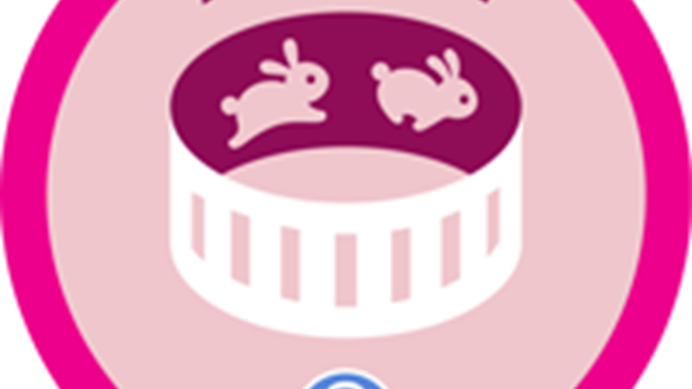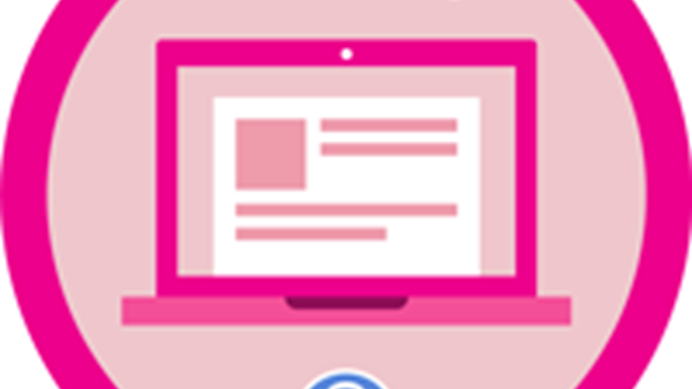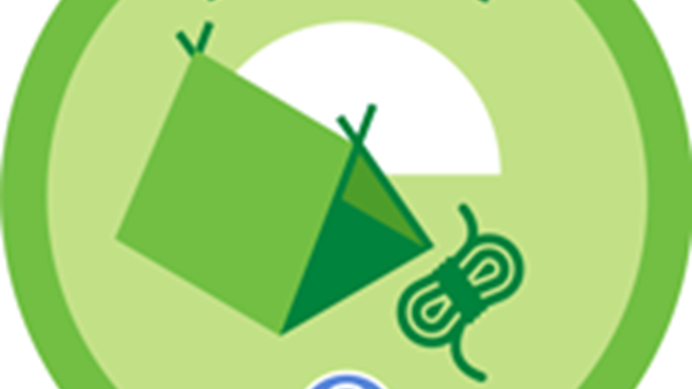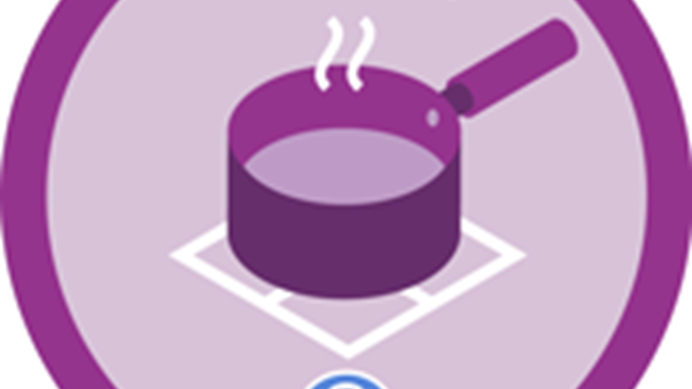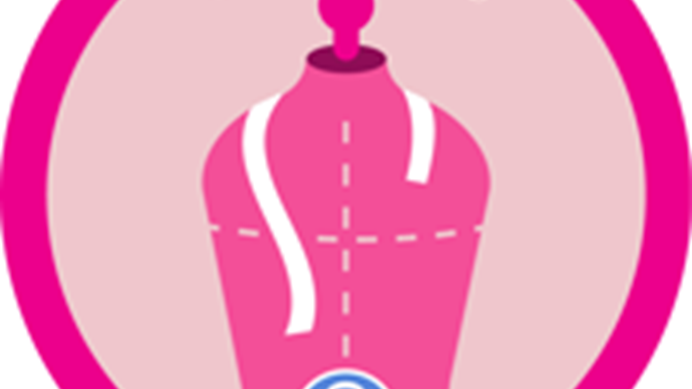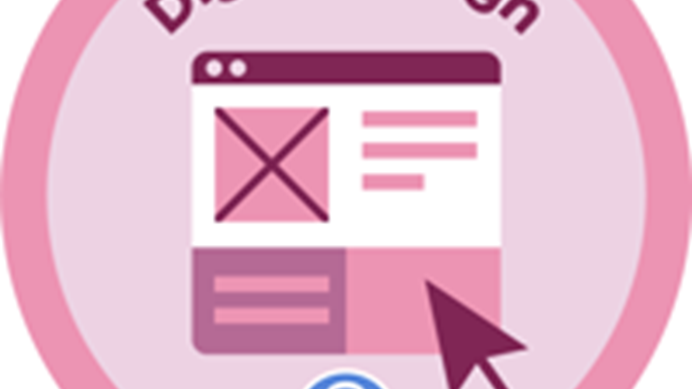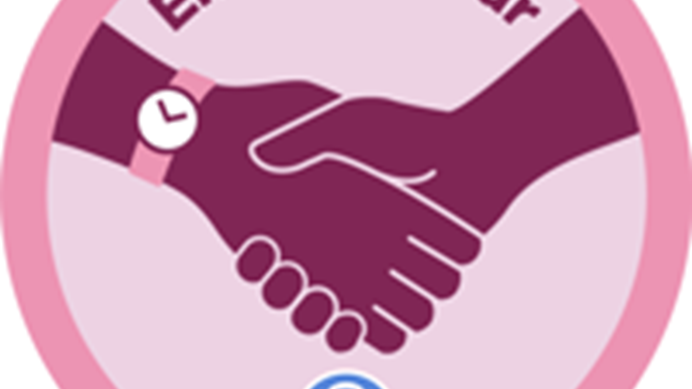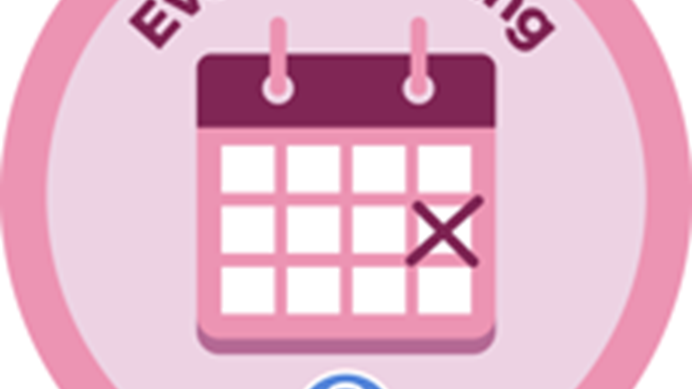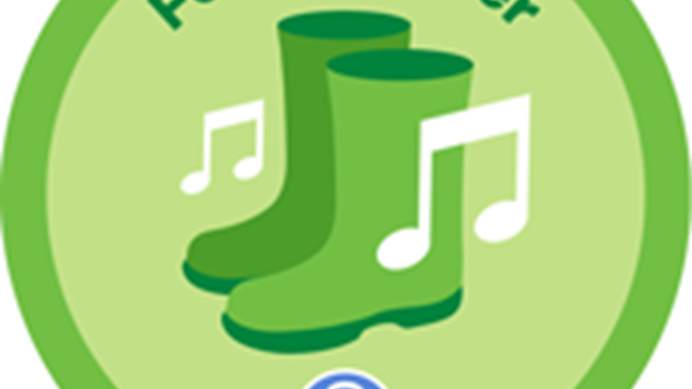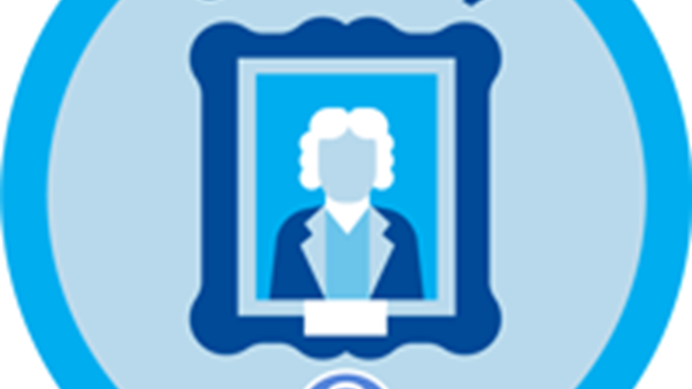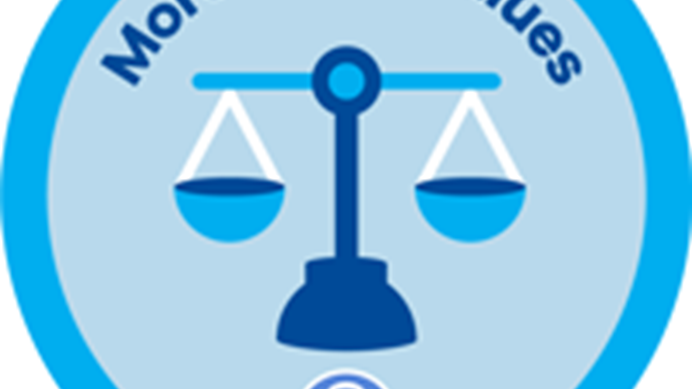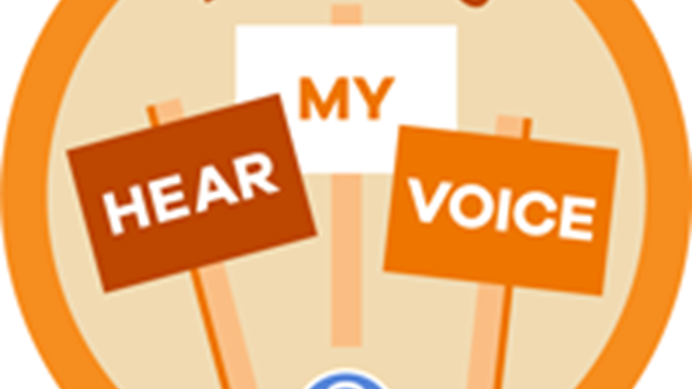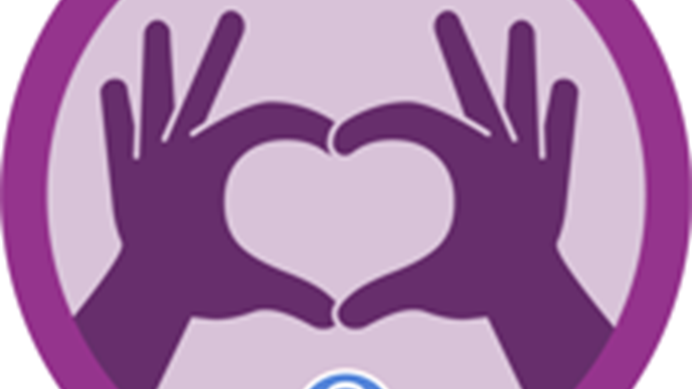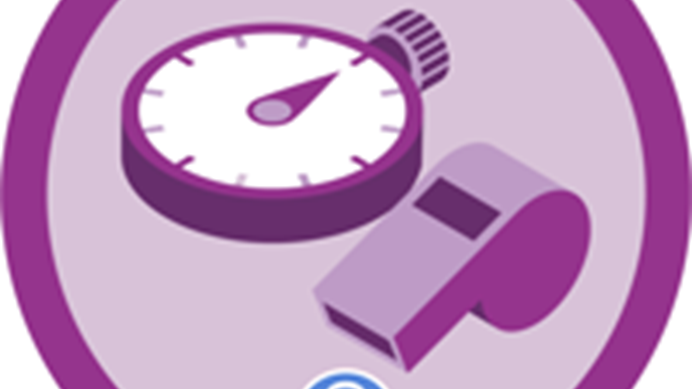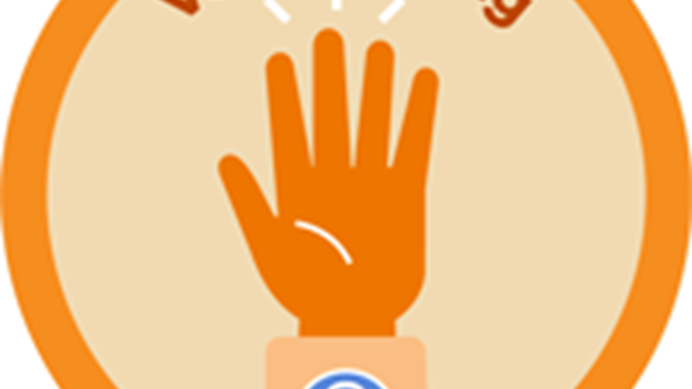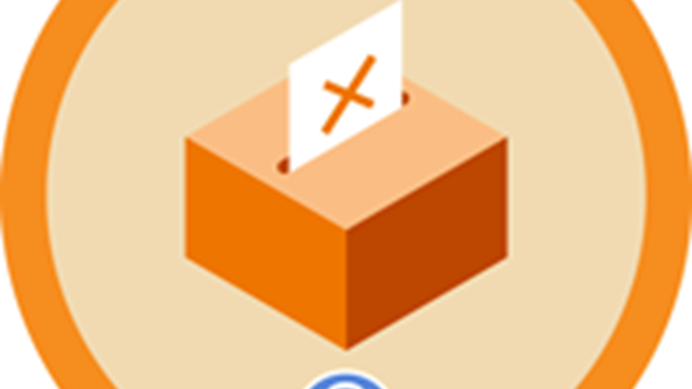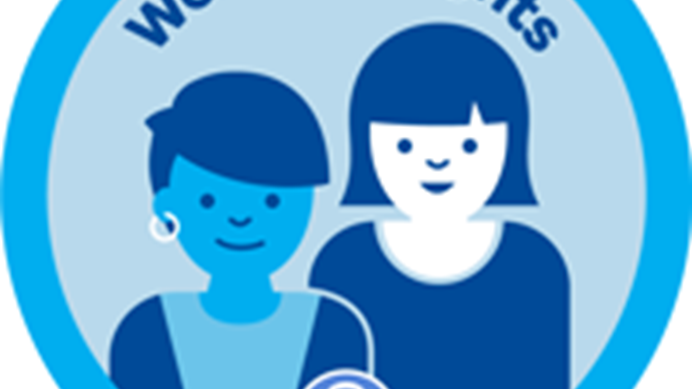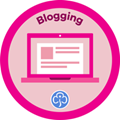

Interest badges
Blogging

Express myself
There’s no right or wrong – just write
Blogging can be great fun, letting you be humorous, creative and yourself in what you write. It’s also good for starting interesting debates and discussions. Find out the positives and negatives of blogging and make your own blog.
Getting a Rangers interest badge
There are 18 interest badges for you to earn at Rangers, and 3 fun challenges to do for each badge.
You can do these badges at any time, anywhere and in any way you’d like. You can do them on your own or with units, during unit meetings, at home or even on holiday.
How to complete this badge
1. Tackle the trolls
Sometimes bloggers get negative and hurtful comments from trolls – people who go out of their way to be cruel.
Choose a blogger who writes about something you’re interested in, and find some examples of how they deal with troll issues. Without focusing on the negative comments, record examples of how the blogger overcame the problem.
Then, using your examples, make a list of top tips, showing the different approaches your blogger uses. What are the positives and negatives for each approach?
2. Prepare your platform
There are lots of blogging platforms you can use to create your own blog. Some have pre-made templates and features you can use to create a fun and interesting website.
Find a blogging platform and customise your site to how you like it. Think about who your audience is, the personality and image you want to get across and the content you’re going to display.
3. Get blogging
You can blog about anything you want - but being unique is good. It’s also important to blog on a topic you’re interested in.
Here are some tips:
- Introduce yourself in your first post.
- Post regularly at scheduled times.
- At the end of each post, mention the next time you’re going to post.
- Thank your readers for coming back and reading your blogs.
- Connect with your readers by reply directly to one or two comments.
Taking these tips into consideration, choose a topic and create 5 blog posts. If you don’t want to post the blogs online, you don’t have to.
Internet safety
To keep safe online, I'll…
- Not share any personal information on the internet (my full name, my home or school address, my phone number or my email address).
- Only download files on to my devices with permission from my parent or carer.
- Always ask permission before uploading photos or videos online. If I send pictures, I'm aware that these can be forwarded onto others.
- Tell my parent or carer, teacher or leader if something online worries or upsets me.
- Only add people online that I know in the real world.
- Be wary of emails that contain unknown links. I know clicking links can download viruses or other harmful files onto my devices.
- Treat people online with the same respect as I would in the real world. I'll never write anything that might hurt or upset someone.
- Not meet up with someone that I've met online and if someone asks me to do so, I'll tell a parent or carer.
- Think carefully about what I read, hear and see online, and not trust information unless I've checked it on other websites or in books, or have asked an adult about it.
Personal details
- You should never share your personal information with strangers.
- Don’t include identifiable information (like your full name or where you live) on the things you make.
- Check what you've made with your parent or carer before sharing it with other people.
